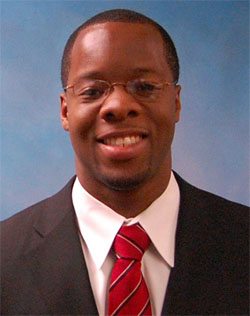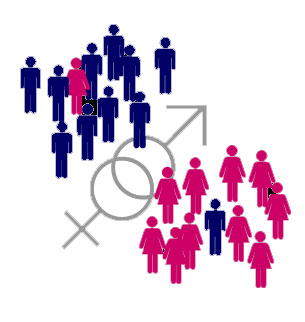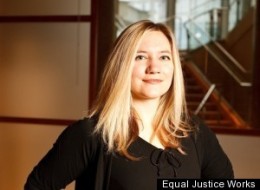Rhode Island Legal Services and ACLU-Rhode Island Secure Victory for Special Education Students
Last year Rhode Island Legal Services (RILS) and the Rhode Island affiliate of the American Civil Liberties Union (ACLU-RI) collaborated to advocate on behalf of special education students and their parents.
The organizations filed a “class-action administrative civil rights complaint [with the U.S. Department of Education’s Office for Civil Rights] challenging [the Pawtucket School District’s] practice of routinely destroying documents related to the evaluations conducted to determine whether a child has a disability, and if so, the nature of the educational services needed by that child. The documents that were being destroyed included the notes and observations of the evaluators, the children’s answer sheets, and other raw data on which the school’s final written reports were based. As a result, parents never had the opportunity to review the documents that led to determinations regarding a child’s special education needs and services.”
Under a settlement reached in late December, “the school district has agreed to develop a policy to retain all the evaluation documents it had previously been destroying; to notify parents of their right to review those documents; to offer to conduct new special education evaluations of students in those instances where the documents had been destroyed; and to provide training to all staff about the new policies. The agreement also sets a timeframe for meeting all of these requirements, which the Office of Civil Rights ‘will monitor until fully implemented.””
RILS attorney Veronika Kot said, “Parents of children with disabilities are equal participants in decision making about the services their children may need to achieve good educational outcomes. They have the right to full and equal access to the information that forms the basis for such decisions. The resolution of this complaint is a welcome reaffirmation of these rights.”
RI ACLU volunteer attorney Amy R. Tabor added: “This resolution sends a message to all school districts in Rhode Island that they cannot adopt document-destruction or document-withholding policies that deprive parents of their right to full access to their child’s educational records.”
In light of this agreement, the organizations are also advocating that the U.S. DOE issue a reminder to all districts that they are “obligated by federal law to keep evaluation documents and to allow parents to access them.”
Permalink Comments off



































































